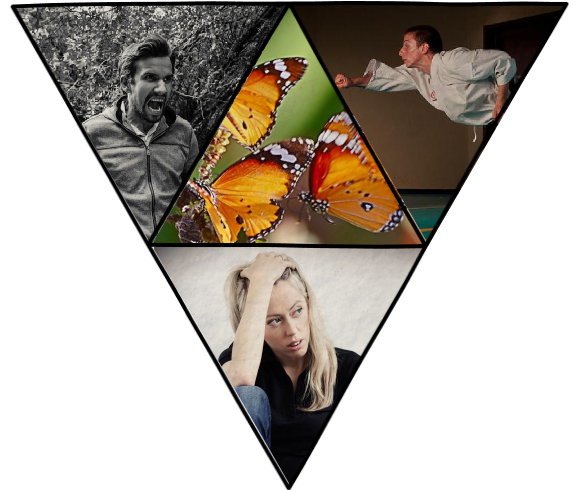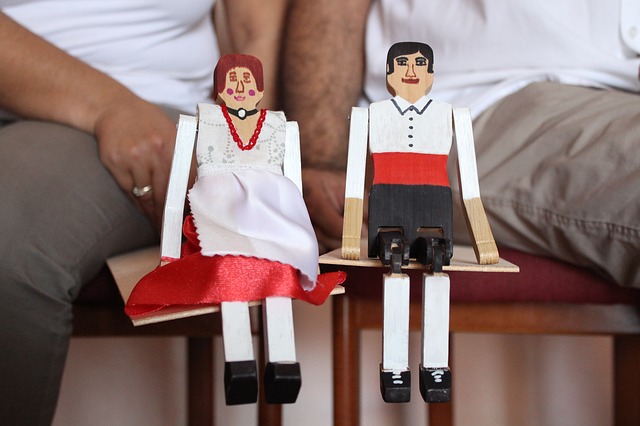
When you get that feeling in the pit of your stomach that something is about to explode then it might be an indicator that you are being invited into a game. It might be something that someone else says or may be conveyed by a gesture, a look on their faces, by touch, or even by a period of silence.
When this happens you have several choices in considering the best response. Here are a few of them:
- Ignore it. Ignoring a problem or a situation usually doesn’t solve them, but when it comes to games of first degree this might appear to be the wiser reaction one could approach...









 The Story of Lyn and James
The Story of Lyn and James
 We need to spice up our life every now and then and, as my husband and I so often do, we play teasing games with each other. But when do games that are played in jest become something more serious game with a negative consequence for the relationship? And how do we tell them apart?
We need to spice up our life every now and then and, as my husband and I so often do, we play teasing games with each other. But when do games that are played in jest become something more serious game with a negative consequence for the relationship? And how do we tell them apart?




